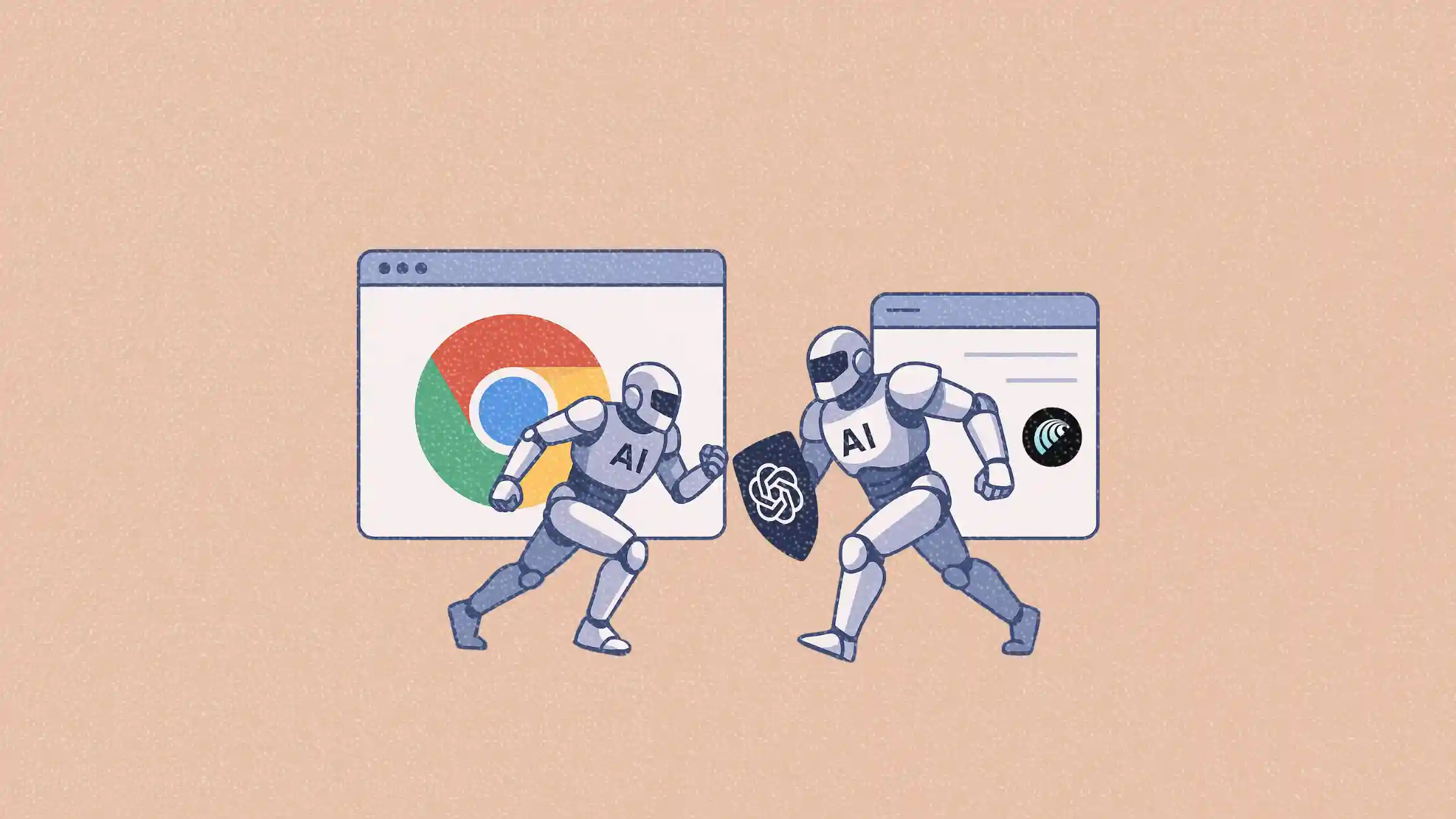AI startups like Perplexity and OpenAI are coming for Chrome and they’re not holding back
Perplexity’s invite-only browser enters the AI search race as OpenAI prepares its own Chrome rival

Search is shifting, and AI-native browsers are at the center of it. With Google’s search dominance under regulatory fire, upstarts like Perplexity and OpenAI are racing to redefine how users navigate the web.
After being rebuffed by Google, which declined to make Perplexity the default engine in Chrome, CEO Aravind Srinivas is forging ahead with a direct challenge. Perplexity’s new AI-native browser, Comet, integrates the company’s signature assistant and is now rolling out to its US$200/month Max subscribers via invite.
It’s part of a broader trend: AI companies are no longer just layering assistants on top of existing tools—they’re building end-to-end replacements.
This article explores how Perplexity’s newly launched browser, Comet, and OpenAI’s reported upcoming release are reshaping the browser landscape—and what this means for marketers who rely on Google’s search and ad infrastructure.
Short on time?
Here’s a table of contents for quick access:
- What is Comet and how is it different?
- Why Perplexity and OpenAI are coming for Chrome
- What marketers should know

What is Comet and how is it different?
Perplexity’s Comet aims to collapse the browsing experience into a single conversational flow. Instead of bouncing between links, users can prompt, ask, and refine queries within the same interface—powered by Perplexity’s AI assistant and search tools. Think of it as a browser where the tab becomes a dialogue.
Comet is built on Chromium, the same open-source base that powers Google Chrome. That gives it the web compatibility of a traditional browser while enabling Perplexity to insert its AI as the main navigation layer. According to Srinivas, it’s designed to “transform entire browsing sessions into single, seamless interactions.”
Right now, Comet is available only to Perplexity Max subscribers—who already pay a premium for enhanced AI access—and the company is prioritizing access for those on its waitlist. This exclusivity hints at a cautious rollout, likely aimed at refining the experience before a broader public push.
Why Perplexity and OpenAI are coming for Chrome
Perplexity’s play isn’t happening in isolation.
According to Reuters, OpenAI is also preparing to release its own AI-native browser. Sources say it will embed ChatGPT-style interaction directly into the browsing experience, reducing the need for external site visits altogether. While OpenAI hasn’t confirmed the launch, the strategic implications are already clear.
This is about more than product innovation. Google’s grip on the browser and search markets underpins its ad revenue empire—and both are under pressure.
Perplexity is reportedly growing search queries by 20% each month and has already inked deals like a preinstall agreement with Motorola’s Razr smartphones, which Srinivas said wouldn’t have been possible without Google’s ongoing antitrust scrutiny.
Perplexity’s boldest move yet? Publicly expressing interest in acquiring Chrome itself, should regulators ever force a divestiture.
What marketers should know
AI-native browsers aren’t just a technical curiosity—they signal a strategic shift with real implications for marketers who depend on search discoverability, browser behavior, and ad channels. Here’s what to keep in mind:
1. Prepare for AI-driven search to bypass traditional SEO
With tools like Comet and ChatGPT reducing clicks to third-party sites, marketers should explore structured content and partnerships that surface within AI interfaces. Traditional SEO alone may no longer be enough.
2. Track traffic source diversification
As users explore non-Google browsers, marketers need to monitor how referral and organic traffic change. Comet’s rollout may start small, but growing adoption could fragment traffic patterns—especially among early adopters and tech-savvy audiences.
3. Don’t underestimate browser branding
Browsers aren’t just utilities—they shape search behavior and ad ecosystems. If Comet or OpenAI’s browser gains traction, expect new ecosystems (and ad formats) to emerge, potentially mirroring the fragmentation seen with social platforms.
4. Keep an eye on regulatory ripple effects
Perplexity is actively leveraging Google’s antitrust scrutiny to strike deals. Marketers should track these shifts—especially around preinstalls, defaults, and possible divestitures—that could shake up how consumers access content.
The browser wars are heating up again, but this time it’s not about speed or tabs—it’s about AI and control over how people search, explore, and engage with the web.
Perplexity’s Comet and OpenAI’s reported launch suggest that the next major digital battleground will be fought not on the search results page, but in the browser itself.
For marketers, this isn’t just tech news—it’s a signal to rethink search strategy, content distribution, and platform risk. Chrome may still dominate, but the AI-native challengers are making their move.




